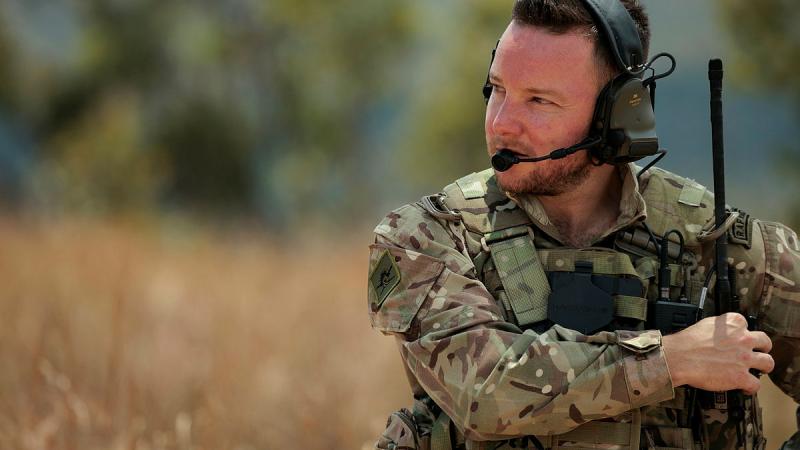
Hollywood Private Hospital in Western Australia is transforming its approach to end-of-life care following a two-year research project.
The study looked into the experiences of bereaved family members, as well as the perceptions of clinical staff on the quality of end-of-life care in the acute private hospital.
Dr Rosemary Saunders, a research fellow at the Perth facility, said the study showed the importance of quality end-of-life care in hospitals is provided across every clinical area.
“We do have a palliative care ward at the hospital, but of course people pass away in other parts of the hospital as well,” said Dr Saunders, a senior lecturer at Edith Cowan University’s School of Nursing and Midwifery who also works at its Centre for Research in Aged Care.
The study found a need for improved documentation of end-of-life care, particularly communication about dying with patients and completion of advance healthcare directives.
“Only 13 of the 100 people who died at the hospital in the study had an advanced care directive,” Dr Saunders said.
“There’s a need for a greater awareness of that in the community and amongst health professionals as well.
“The research looked particularly at the final three days of the patient’s care. We also looked at it from the perspective of clinical staff – our nurses, doctors and allied health staff.”
The key finding was that hospital staff wanted more training in end-of-life care.
“It’s an emotionally draining part of healthcare and the staff felt there was a need for more training in this area,” Dr Saunders said.
“The importance of having staff who feel equipped, knowledgeable and supported in end-of-life care delivery cannot be underestimated.
“And most importantly, we also surveyed and spoke to family members of those who had passed away.
“We mailed a survey out to 148 family members, 47 responded and, of those, eight agreed to also have an individual face-to-face meeting with us talking about their experiences.”
Dr Saunders added she was particularly grateful to bereaved family members who contributed to the research.
“The most important finding was the need for collaboration between the staff with the patient and family,” she said.
“The families felt the physical needs of their family member were met but they also wanted to feel supported emotionally by staff.
“They wanted to have the time and space to be with their family member, but also to have staff sit with them, and they wanted to share stories about their family member so the staff would really know who they were.
“We talk about holistic care, and that’s important – how to have that empathetic care, to help family members be more informed.”
As a result of the study, initiatives being implemented at Hollywood include:
- Development of a screening tool to recognise end of life
- Development of a Goals of Patient Care form
- Updated Care Plan for the Dying Person
- Information brochures for patients and family about the dying process and end-of-life care
- Staff education via eLearning modules including the
Hollywood Private’s Director of Clinical Services, Karen Gullick, said the study highlighted how engaged, well-trained and supported staff alongside sensitive, timely and effective communication with both patients and families were key to providing quality end-of-life care in hospitals.
“This study has reminded us of the importance of supporting people at end of life in a comprehensive way – including their spiritual and religious needs – we need to make sure we provide time for that in our care,” she said.
Dr Saunders said although most people wanted to die at home, the majority of people actually die in hospital.
“So we need to also have a discussion about the environment inside hospitals,” she said.
“A creative, supportive, caring environment for the patient and their family.
“It’s also important that, as a community, we have more discussion around end-of-life care.
“We should be providing more information to patients and family members about the processes they can expect, because for some people, that end-of-life care can be only a very short time, but for others, there’s more time to have these open conversations.”







